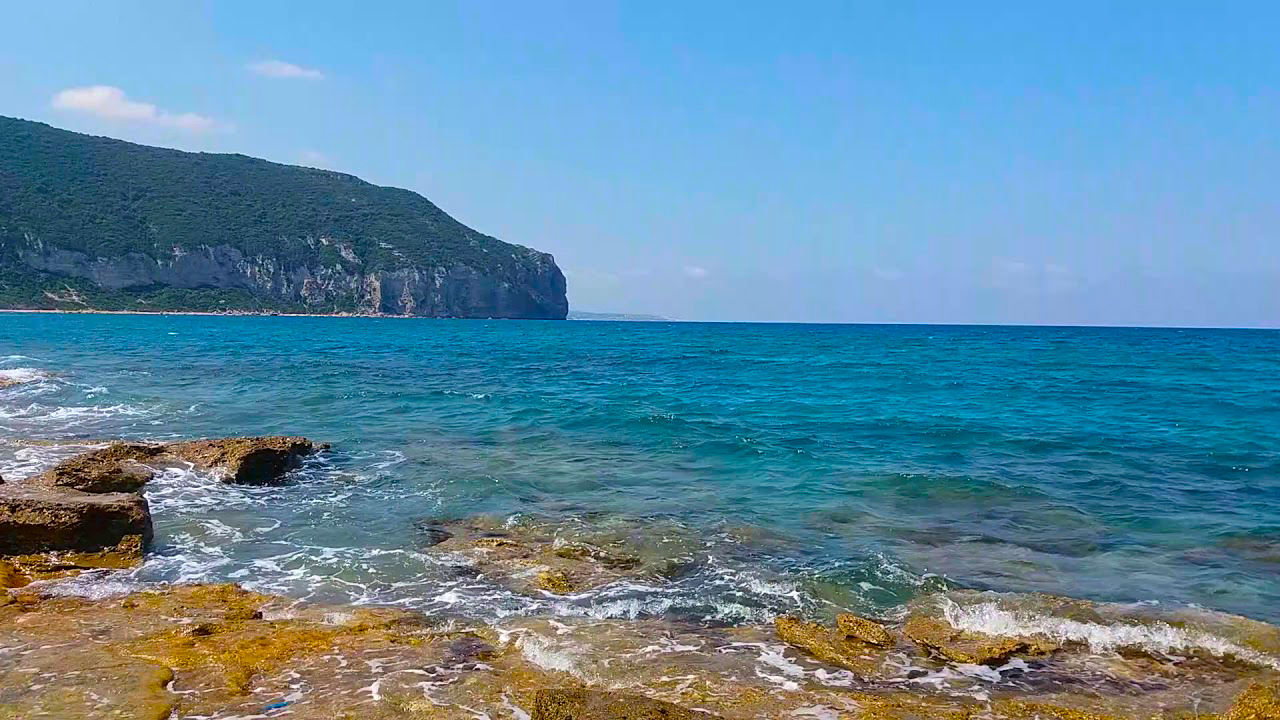Internet in Syria : Staying connected while traveling can be a concern, and understanding the reality of the Internet in Syria is essential before your trip. Unlike in many other countries, access is limited and speeds can be inconsistent, but with some preparation, you can stay online when you need to.
By purchasing a local SIM card, setting up a VPN in advance, and keeping realistic expectations, the Internet in Syria can still meet most of your travel needs. You’ll be able to message loved ones, check maps, and share highlights of your journey, though don’t expect constant high-speed service.
Travelers should also remember that the Internet in Syria is regulated, and some websites or apps may not be accessible without a VPN. That’s why planning ahead is key to avoiding disruptions.
Despite these challenges, the Internet in Syria allows you to stay connected enough to navigate and communicate. At the same time, slower access can be a blessing in disguise—encouraging you to disconnect from screens and immerse yourself in the rich culture, history, and warm hospitality around you.
Internet in Syria | Availability
The internet is available in most major cities in Syria, including Damascus, Aleppo, Latakia, and Homs. However, compared to many countries, the internet speed is slow and coverage is limited. In smaller towns and rural areas, you may experience either very weak signal or no access at all. Public Wi-Fi is not widespread, and it is uncommon to find it in restaurants, cafes, or public spaces like in Western countries.
Hotels and some guesthouses usually offer Wi-Fi, but the connection is often slow and may not work reliably during power outages or at certain times of day. For travelers who are used to fast and seamless connections, adjusting expectations is key.
Using a Local SIM Card
The most practical solution for internet access while in Syria is to purchase a local SIM card. There are two main mobile providers in Syria:
- Syriatel
- MTN Syria
Both companies offer prepaid SIM cards and 3G data packages. 4G is available in some areas, but the coverage is inconsistent and mostly limited to parts of Damascus and a few urban zones.
To get a SIM card, you will need a passport copy and may be asked to register your phone with your name. SIM cards are inexpensive, and data plans are relatively affordable. For example, a 10 GB package may cost the equivalent of a few US dollars. Coverage is generally decent in cities, though not always stable.
Once you have a local SIM, you can use mobile data for Google Maps, WhatsApp, translation apps, and light browsing. However, streaming videos or uploading large files may not be practical due to limited speed and data capacity.
Internet Censorship and Blocked Apps
One of the most important things to note is that some websites and apps are blocked or restricted in Syria. For example, certain voice calling features on WhatsApp, Facebook Messenger, and Telegram may not work. Access to news websites, some VPNs, or social platforms may also be restricted or slow to load.
Because of this, many travelers install a Virtual Private Network (VPN) before arriving in Syria. A VPN helps you access blocked sites securely and may also improve your privacy online. It is advisable to choose a reliable VPN provider and install the app on your device while still outside Syria, as downloading a VPN from within the country may not be possible.
Tips to Stay Connected in Syria
Here are some essential tips to manage your internet usage effectively during your stay:
- Buy a local SIM as soon as you arrive — this will give you the most reliable access.
- Install a VPN before you travel — choose a paid VPN for better performance.
- Keep a power bank with you — power cuts are common and affect Wi-Fi routers.
- Use offline apps — download offline maps (such as Maps.me), translation tools, and travel guides.
- Limit video usage — mobile data is not ideal for streaming or video calls.
- Save important addresses and contacts — in case of outages or low signal.
- Use Wi-Fi in hotels wisely — during off-peak hours, the speed is usually better.
See Also: Visiting Syria FAQ
Safety and Privacy Online
Public networks in Syria are not highly secure, and this is an important consideration when discussing the Internet in Syria. Travelers should avoid entering sensitive personal information or accessing bank accounts using public Wi-Fi or unencrypted connections.
When connecting through a local SIM card or hotel Wi-Fi, keep in mind that the Internet in Syria may be monitored, so it’s best to browse cautiously. Using a VPN adds an extra layer of privacy and helps you access content more securely.
Overall, while the Internet in Syria can keep you connected, it’s essential to use smart precautions to protect your data and online activity.
Finally.. If you have any questions, please contact us. To explore further, visit our Facebook Syria collection for rare images and cultural highlights.



